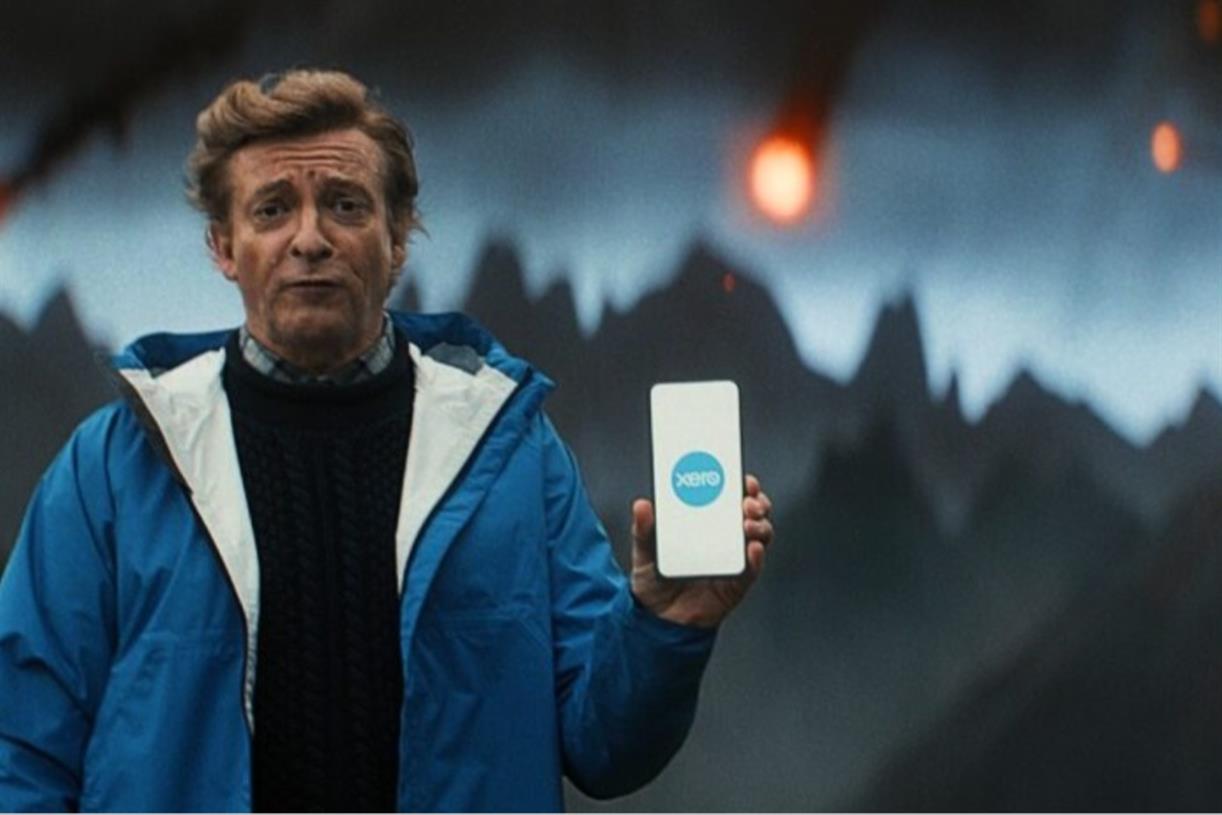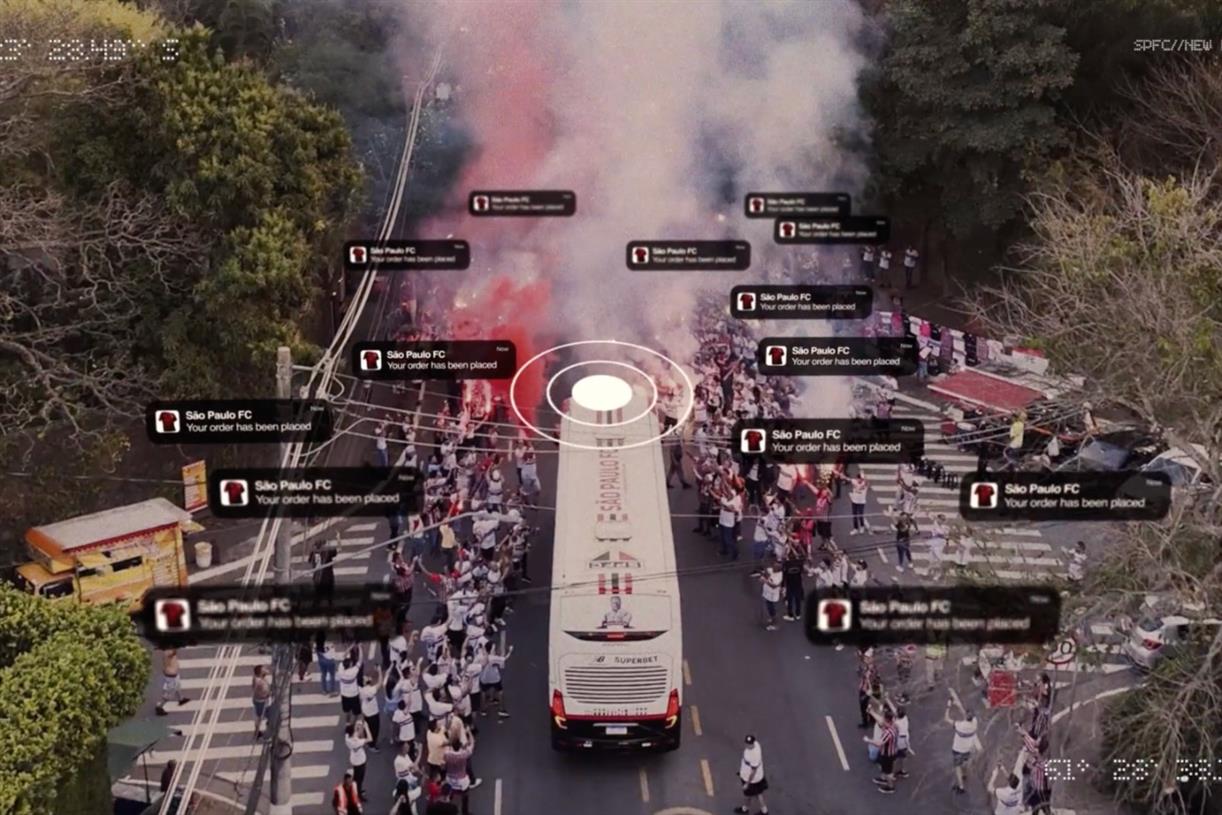What brands can learn from Gen Z’s environmental awakening
Consumers will reward sustainability, but punish marketers whose efforts are insincere

The future belongs to the young, but the environment will shape the world they inherit. Younger Americans get it, judging by new Harris Poll survey results which show that while Mother Earth remains as popular with Americans as apple pie, younger generations are most passionate about issues around the environment and climate change.
In fact, Generation Z—those aged 26 and younger—are showing signs of an environmental awakening as compared to this time last year.
Overall, roughly 4 in 5 Americans say that environmental and climate change issues are important to them personally and a similar number describe themselves as concerned about these matters. Clearly the spirit of Earth Day remains alive and well in the U.S.
Americans are split generationally, however. Roughly 9 in 10 Gen Zers and millennials (aged 27-41) see the environment as personally important to them as opposed to 79% of Gen Xers (aged 42-57) and 73% of baby boomers (58-76). The numbers are closer regarding those who describe themselves as concerned—but there is still a clear divide, with Gen Z (88%) and millennials (83%) more likely to self-describe that way than Xers (76%) or boomers (72%).
Parents of kids under 18, who have extra reason to focus on the future, come closest among demographic subgroups to mirroring young Americans’ views, with 89% calling the environment a personal issue for them and 82% worrying about it.
Three further trends emerge from our polling:
Gen Z activates
While our survey’s top-line numbers largely tracked with results from a similar poll we ran in April 2022, Gen Zers made a quantum leap in their feelings about the environment. Last spring, roughly three-quarters said that they were personally concerned about climate change and the environment, a figure that rose 14 percentage points to 90% this year. The percentage of Gen Zers who believe that individuals have as significant impact as organizations or companies when it comes to the environment also dramatically increased, from 53% to 68%.
Evidence of Gen Z’s reinvigorated environmentalism also extends to brands. Five automobile companies placed in the top 20 in brand recognition in the fourth quarter of 2022 among that age group, according to the Ad Age-Harris Poll Gen Z brand tracker, after four of them had recently engaged in pushes around electric vehicles. BMW (fourth in brand ranking) announced last year that it would spend $1.7 billion to build EVs in the U.S., its biggest investment in the space. Volvo (fifth) recently announced a small SUV EV aimed at Gen Z. Cadillac (17th) promoted its new luxury EV line, Celestiq, with a campaign focused on Lenny Kravitz. And Mini (19th) introduced a new white color for its Mini Electric Cooper line, pegged to International Polar Bear Week.
Earth Day messaging has limited effect
While roughly 7 in 10 Americans believe that brands should create Earth Day-related messaging and that such messaging is effective, fewer than 1 in 3 recalled seeing any this year, 4 percentage points fewer than the 35% who recall seeing ads last year.Still, the most receptive audience—younger Americans—is most likely to remember seeing the messaging. More than two in five Zers and millennials recalled seeing ads this year, far more than Xers (29%) and boomers (20%).
This messaging isn’t driving sales. When we asked those who had seen Earth Day-related messaging what they did in response to it, the clear top answer (47%) was that they made more environmentally conscious choices in their own life. The next three answers were clustered together around 35%: encouraging others to be environmentally conscious, researching the company in question and self-educating on climate change and the environment. Fewer than three in 10 reported actually buying from the company, a figure which was consistent across generational lines.
Go green but don’t greenwash
Corporations have built up some credibility with the public—but woe betide them if they burn it. Nearly four in five Americans agree that corporate sustainability practices play an important part in combating climate change and more than seven in 10 believe that brands’ environmental efforts are sincere, with Gen Z and millennials more frequently reporting that they believe as much and Xers and boomers slightly less so. Nearly two-thirds of Americans say they seek out environmentally conscious brands (including 73% of Zers and millennials) while a similar number say that they would boycott brands which deliberately harm the environment.
None of this should prove a problem—provided companies are sincere. But a January survey of global executives Harris Poll conducted for Google Cloud found that nearly three-quarters believe that their industry engages in greenwashing, the practice of trying to portray an enterprise as more environmentally friendly than it actually is. Almost 60% said that their own companies overstate their environmental cred.
The bottom line is that companies won’t go wrong trying to help the environment—but their walk had better match their talk or consumers will punish them.

 Hollif
Hollif 
































